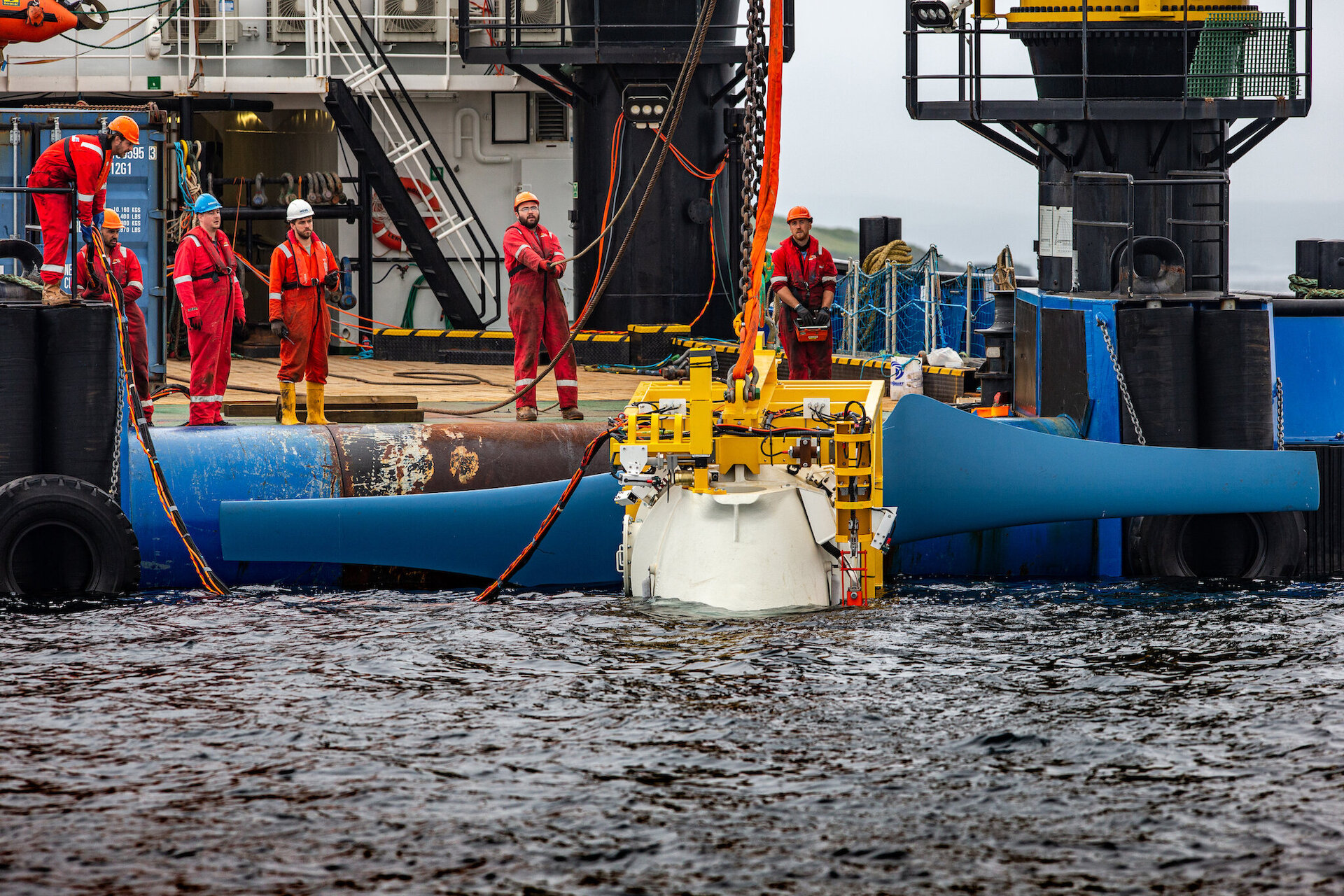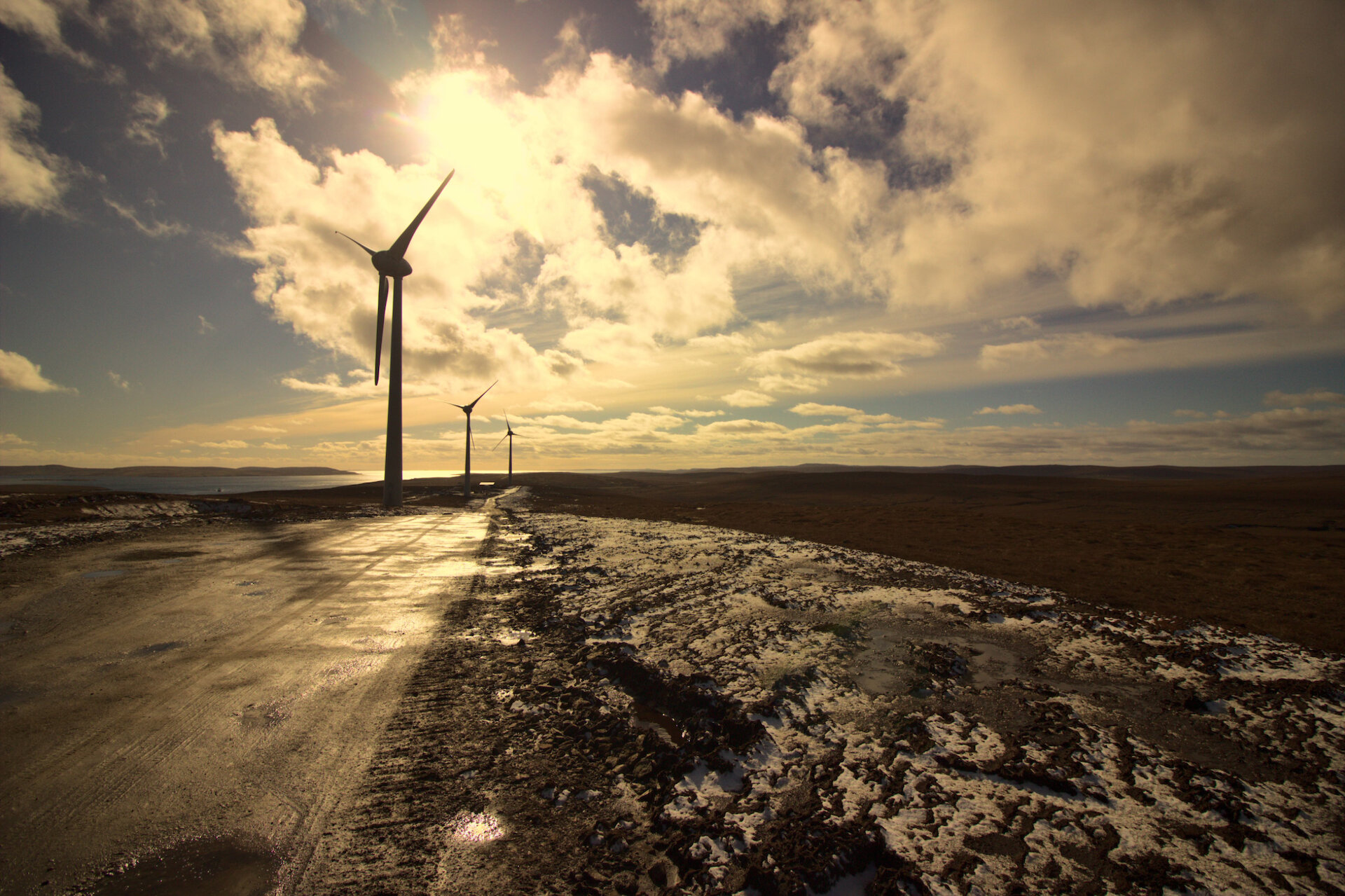One of those already involved in energy-related work is Fred Gibson, director of Shetland Composites, a Lerwick-based firm that supplies tidal and wind turbine blades to some of the islands’ renewable energy projects. He recognises Shetland’s “huge potential” in renewable energy.
Douglas Irvine is the council’s project lead on the ORION project and is equally enthusiastic about the potential that it could deliver for the islands’ community, and much further afield.
He says, “There are numerous benefits for Shetland; we would retain energy as a main part of our economy, meaning that we would still have a thousand-plus jobs involved in energy production in Shetland.”
In terms of green hydrogen production, the goal is to start small, but Douglas adds, “There is the potential by 2040 to be producing a substantial part of the UK’s hydrogen demand, in Shetland.”
Those bold ambitions are backed up by the knowledge that Shetland has served the energy industry for decades, and that the islands are home to many skilled engineering firms with exactly the experience needed to help build a clean energy future.


